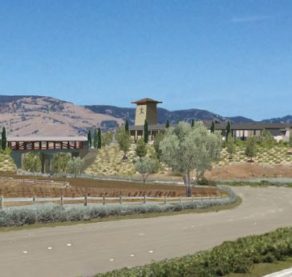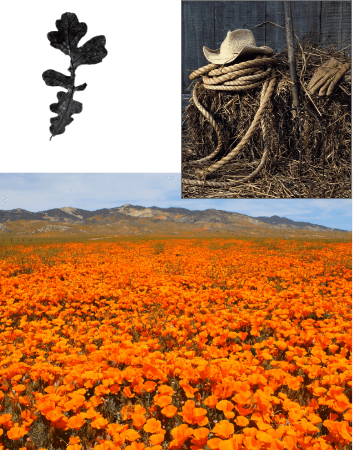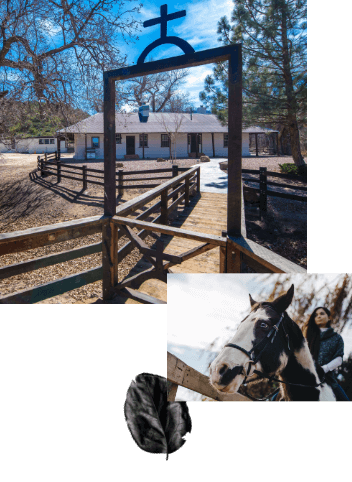Tejon Ranch Co. Statement on frivolous lawsuit filed by Center for Biological Diversity against U.S. Fish & Wildlife Service
On April 25, 2019, we were made aware, via a press release issued by the Center for Biological Diversity (CBD), that it has filed a lawsuit against the US. Fish & Wildlife Service challenging the 2013 approval of a Multi-Species Habitat Conservation Plan covering the upland regions of Tejon Ranch.
The lawsuit was filed a full six years after the approval and just four days prior to the April 29, 2019 expiration of the time period in which to file a legal challenge.
The press release falsely claims the approval by the U.S. Fish & Wildlife Service authorized Tejon Ranch Co. to build its Mountain Village at Tejon Ranch community. That is not true. That authorization came from the Kern County Board of Supervisors, as provided by law, following many years of outreach, dialogue and overwhelming community support. Approval of a Habitat Conservation Plan resolved a lawsuit between U.S. Fish & Wildlife Service and Tejon Ranch regarding development and conservation activities on Tejon following the Service’s release of condors near Tejon Ranch from the captive condor breeding program at the San Diego Zoo.
CBD and the other named groups filed an environmental lawsuit against Kern County’s approval of the Tejon Mountain Village project back in 2009 and lost in both the superior and appellate state courts. They are simply trying to use a different tactic to re-litigate issues they’ve already lost on. This is typical of an organization described as a “lawsuit factory” which spends more money on lawyers than it does on scientists and more time in court than it does on actual proactive conservation.
CBD was given the opportunity to be proactively involved in the conservation of Tejon Ranch as it was a party to the negotiations that led to the Tejon Ranch Conservation & Land Use Agreement that permanently conserves 90% of Tejon Ranch—240,000 acres. Instead, after participating in the negotiations for more than a year, they walked away from the table just before the agreement was reached.
It’s worth noting that all the participants in the negotiations agreed in advance that the outcome of negotiations would result in some real estate development on Tejon Ranch, and it was representatives from CBD who proposed the 90% conservation–10% development ratio. In a complete reversal of that position, CBD’s Ileene Anderson was recently quoted as saying the organization prefers to retain the opportunity to sue, and risk losing, rather than compromising to achieve a guaranteed positive conservation outcome.
It’s clear this latest lawsuit by CBD is simply another blatant attempt to delay development of Mountain Village, which has already received numerous approvals from local, state and multiple federal agencies. Resolution of the CBD lawsuit is not required to start or complete development of Mountain Village.
The tactics employed by CBD to litigate, delay and obstruct, are a significant contributing factor to the housing crisis in California. After all, the co-founder of CBD, Kieran Suckling, says a primary goal of the organization is to inflict severe economic pain. As CBD pursues its agenda, that economic pain is ultimately being felt by countless numbers of Californians who find adequate housing increasingly unavailable and unaffordable.
We believe the lawsuit is without merit, and as we have with the number of other lawsuits CBD has filed in the past attempting to prevent us from exercising our legal private property rights, we will work with the U.S. Fish & Wildlife Service to vigorously defend ourselves in this latest legal action as well.





